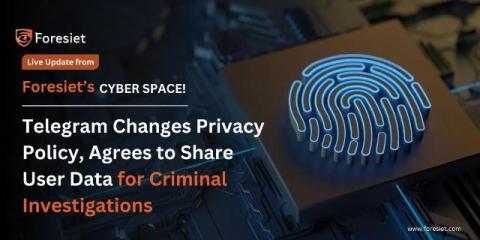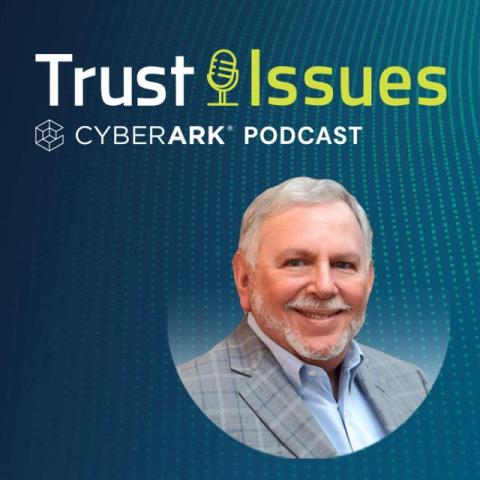Six critical criteria for an identity lifecycle framework that strengthens your security profile
Employees come and go, and so do their identities within their organizations. On the surface, it seems a linear lifecycle, starting with onboarding and ending with offboarding, with a whole lot of access to resources in between. But it’s the “in between” where things are more complex – whether related to migration from one business unit to the next or integrating an acquisition.











